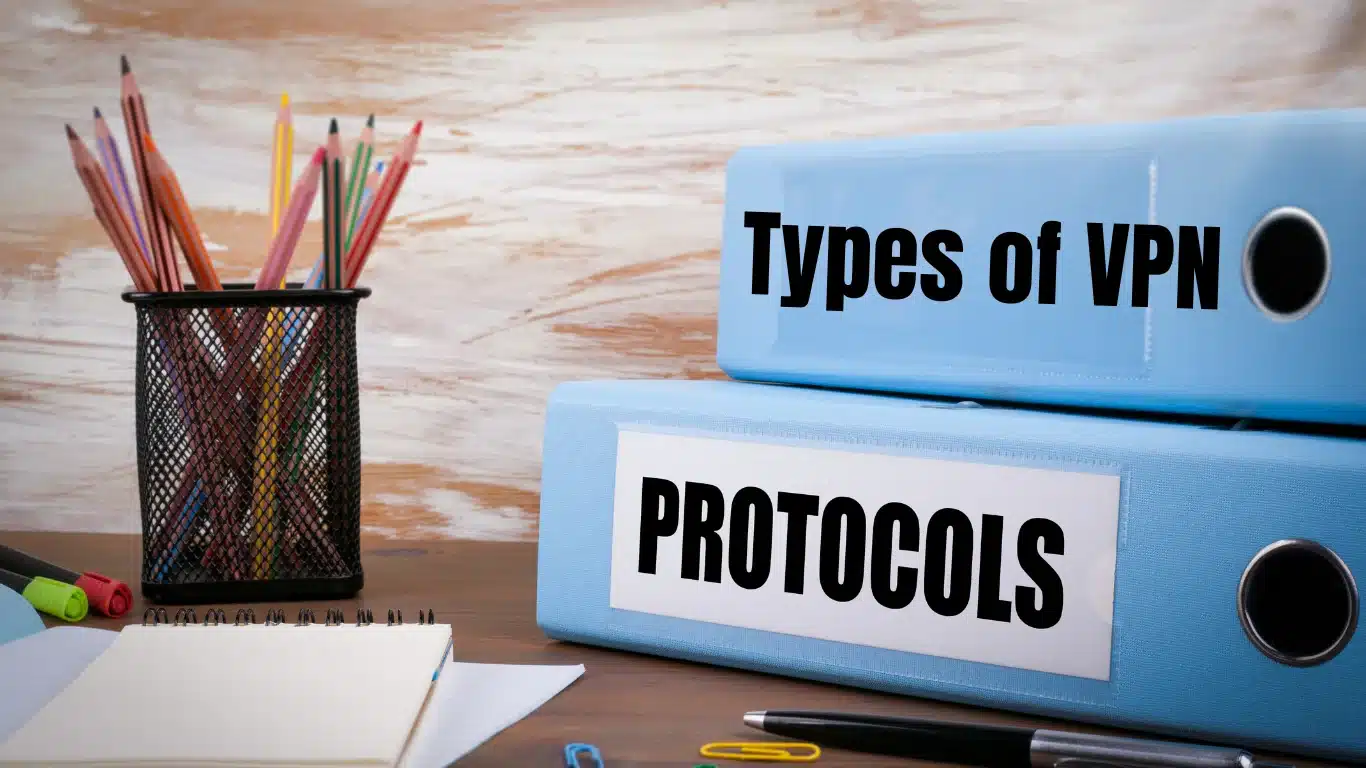In today’s digital age, videos have become a powerful and influential communication medium. It can captivate audiences, convey messages effectively, and leave a lasting impact. As businesses aim to stay ahead of the competitive market, integrating video production into their marketing strategy has become vital. In this guide, we will explore video production, its importance for businesses, and how to leverage its potential to create compelling visual content.
Why is video production important for businesses?
Video production is a great tool for businesses to communicate and connect with their audience and increase brand awareness. According to recent statistics, videos are shared 1,200% more than text and images, making them a powerful medium to reach a wider audience. They allow businesses to introduce their products, services, and brand personality in a visually engaging manner. Moreover, videos can evoke emotions, build trust, and establish a deeper connection with viewers, increasing customer engagement and loyalty.
The Video Production Process
Video production involves meticulous steps to create a high-quality and impactful video. The process is split into three phases: pre-production, production, and post-production. Each stage plays a significant role in the overall outcome of the video.
Pre-Prodcution – Planning your Video
Before diving into the production phase, thorough planning and preparation are essential. This begins with defining the purpose and goal of your video. Conduct comprehensive research to understand your audience’s preferences, interests, and pain points. This will help you tailor your content to resonate with your viewers.
Once you have a clear vision, create a detailed production plan. Outline the key elements of your video, such as location, props, actors, and any necessary permits. Consider the budget and timeframe for your project, ensuring all resources are allocated effectively. Finally, create a script and storyboard to map out the structure and flow of your video.
Scriptwriting and Storyboarding
A well-crafted script is essential for a successful video production, providing a clear and impactful narrative roadmap. When writing your script, keep it concise, engaging, and aligned with your brand’s tone and messaging. Structure the script into logical sections, including an attention-grabbing introduction, clear main points, and a persuasive conclusion.
Storyboarding involves creating a series of illustrations or images that visually represent the scenes and shots in your script. It aims to provide a clear and concise overview of your project’s visual elements. This serves as a blueprint for the production team, guiding them in capturing the desired visuals. Ensure your storyboard is detailed and includes essential features such as camera angles, transitions, and special effects.
Equipment and Software for Video Production

To create professional-quality videos, having the right equipment and software is crucial. Invest in a high-definition camera that suits your specific needs, whether it’s a DSLR or a professional video camera. Consider additional equipment like tripods, stabilizers, and lighting to increase the quality of your videos.
In addition to hardware, software plays a vital role in post-production. Some popular video editing software like Adobe Premiere Pro and Final Cut Pro offer many features to enhance your videos. Experiment with different software options to best suit your needs and budget.
Filming Techniques and Tips
Once you have planned and prepared for your video, it’s time to start filming. Effective filming techniques can significantly enhance the visual appeal and impact of your videos. Here are some tips to consider:
- Lighting: Pay attention to lighting conditions, both natural and artificial. Ensure proper lighting to avoid shadows, overexposure, or underexposure.
- Framing and Composition: Frame your shots carefully taking into account elements such as the rule of thirds, leading lines, and balance. Try various angles and perspectives to include more visual interest in your work.
- Audio Quality: Good audio is as important as good visuals. Invest in quality microphones and record in a controlled environment to capture clear and crisp sound.
- Camera Movement: Use movements like pans, tilts, and tracking shots to add dynamism and visual interest to your videos. However, ensure they are purposeful and not distracting.
- B-roll Footage: Incorporate B-roll footage to add depth and variety to your video. These secondary shots enhance storytelling and provide visual context.
Remember, practice makes perfect. Experiment with different techniques and learn from your experiences to refine your filming skills.
Post-production: Editing and Adding Effects to Your Video

Once the filming is complete, it’s time to bring your video to life through post-production. This phase involves editing the footage, adding effects, and fine-tuning the overall visual and audio quality.
Editing the Footage
Begin by importing your footage into the chosen editing software. Arrange the clips according to the script and storyboard, ensuring a logical flow. Trim unnecessary footage and align the shots to create a cohesive narrative. Enhance the visual appeal by adjusting colours, contrast, and saturation. Pay attention to pacing and timing, ensuring a smooth and engaging viewing experience.
Adding Effects and Graphics
To make your video visually engaging, add effects and graphics. This can include titles, captions, transitions, and special effects. However, use them sparingly and purposefully to avoid overwhelming the viewer. Ensure that the effects align with your brand’s visual identity and enhance the overall message of the video.
Audio Editing and Sound Design
In addition to visual editing, audio editing is equally important. Remove any background noise or unwanted sounds, ensuring clear and crisp audio. Enhance the mood of your video by adjusting volume levels and adding sound effects or background music. Be sure to use copyright-free music or obtain proper licenses.
Optimizing your video for SEO
The creation of a high-quality video is just the first step. For your video to reach a wider audience, it is crucial to optimize it for search engine visibility. Here are some SEO strategies to consider:
Identify relevant keywords related to your video’s topic using Google Keyword Planner or SEMrush, which can advise you in finding high-ranking keywords. Incorporate these keywords naturally into your video title, description, and tags.
Optimize your video’s metadata to provide search engines with relevant information. Write a compelling video title that includes your primary keyword. Craft a concise and keyword-rich video description, summarising the video’s content. Use relevant tags to categorize your video further.
Including transcriptions or closed captions in your video can improve accessibility and SEO. Search engines can crawl the text, further enhancing the visibility of your video. Additionally, transcriptions and captions make your video accessible to viewers with hearing impairments.
Video Promotion and Distribution Strategies
Creating a visually stunning video is only effective if it reaches your target audience. Here are some strategies to promote and distribute your videos effectively:

Leverage the power of social media platforms to share and promote your videos. Look for the platforms where your audience is most active, such as Facebook, Instagram, YouTube, or LinkedIn. Craft engaging captions and use eye-catching thumbnails to attract viewers.
Increase engagement and click-through rates by including video content in your email marketing campaigns. In addition to an attractive thumbnail with a link to the video or embed videos directly into your emails. Partner with influencers or collaborate with other brands in your industry to expand your video’s reach. This can involve featuring influencers in your videos or creating joint campaigns that benefit both parties. Embed your movies on appropriate website pages, such as product or landing pages. Create dedicated landing pages for your videos to provide additional information and encourage viewers to take action.
Video Production Services and Resources
If you find video production overwhelming or lack the necessary resources, there are numerous video-production services and resources available. These services offer professional expertise, equipment, and editing capabilities to bring your vision to life. Some popular video production services include:
- Production Companies: Engage with professional video production companies specialising in creating high-quality videos tailored to your needs.
- Freelancers: Hire freelancers specialising in video production, such as videographers, editors, or motion graphic designers. Platforms like Upwork and Freelancer provide access to a vast talent pool.
- Online Learning Platforms: Explore online platforms like Udemy or LinkedIn Learning to enhance video production skills. These platforms offer comprehensive courses taught by industry experts.
Conclusion
Embed your videos on appropriate website pages, such as product pages or a blog. Video creation has become an great tool for companies looking to develop a strong online presence, engage their audience, and drive conversions. By following the comprehensive guide outlined above, you can harness the power of video production to create compelling and impactful visual content. Each step, from planning to promotion, is crucial for video marketing success. Embrace the potential of video production and elevate your brand’s storytelling to new heights.





